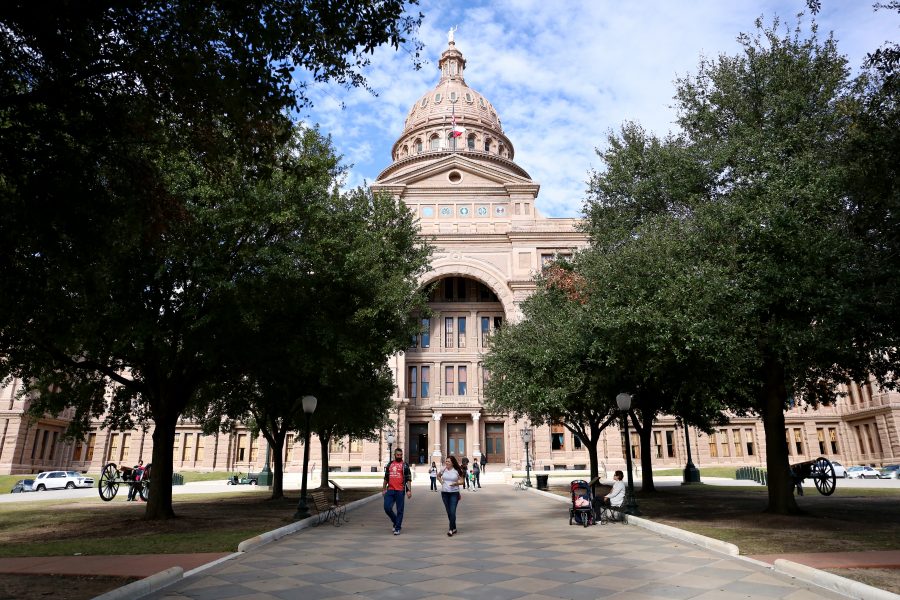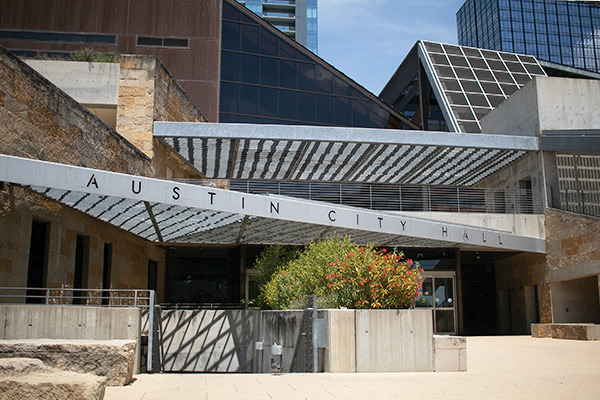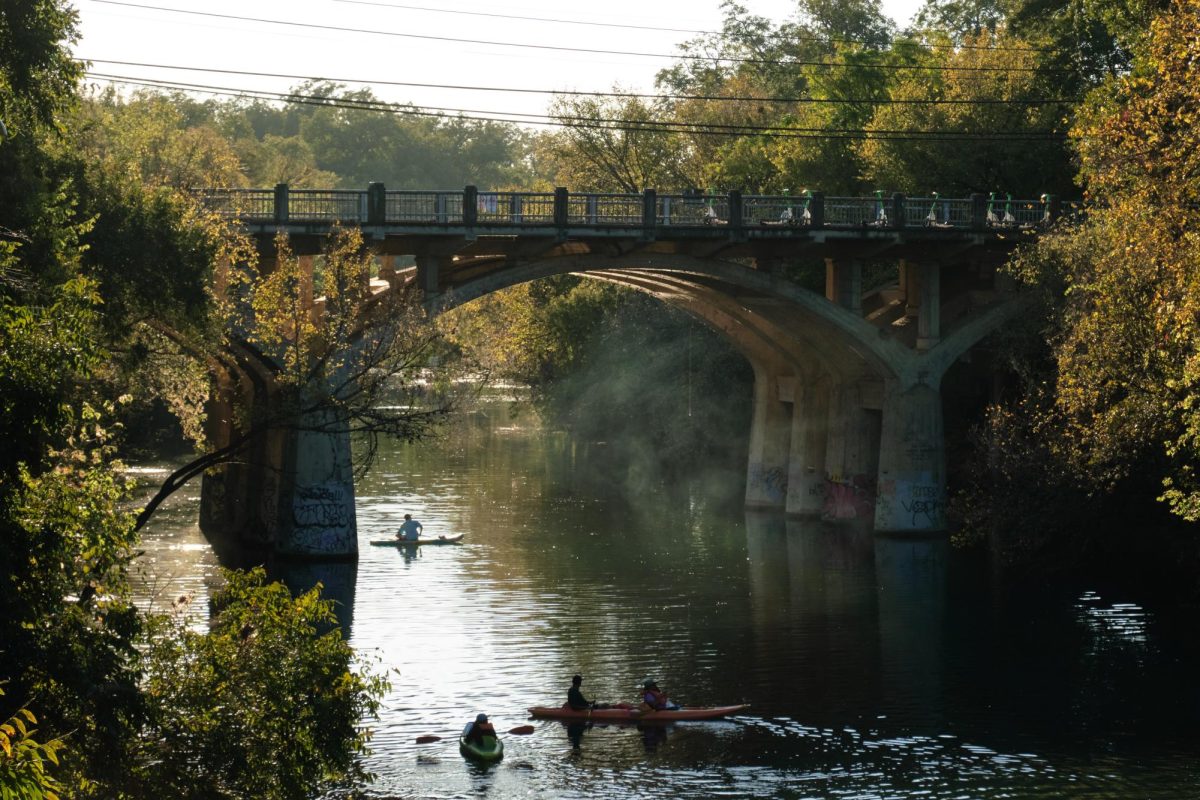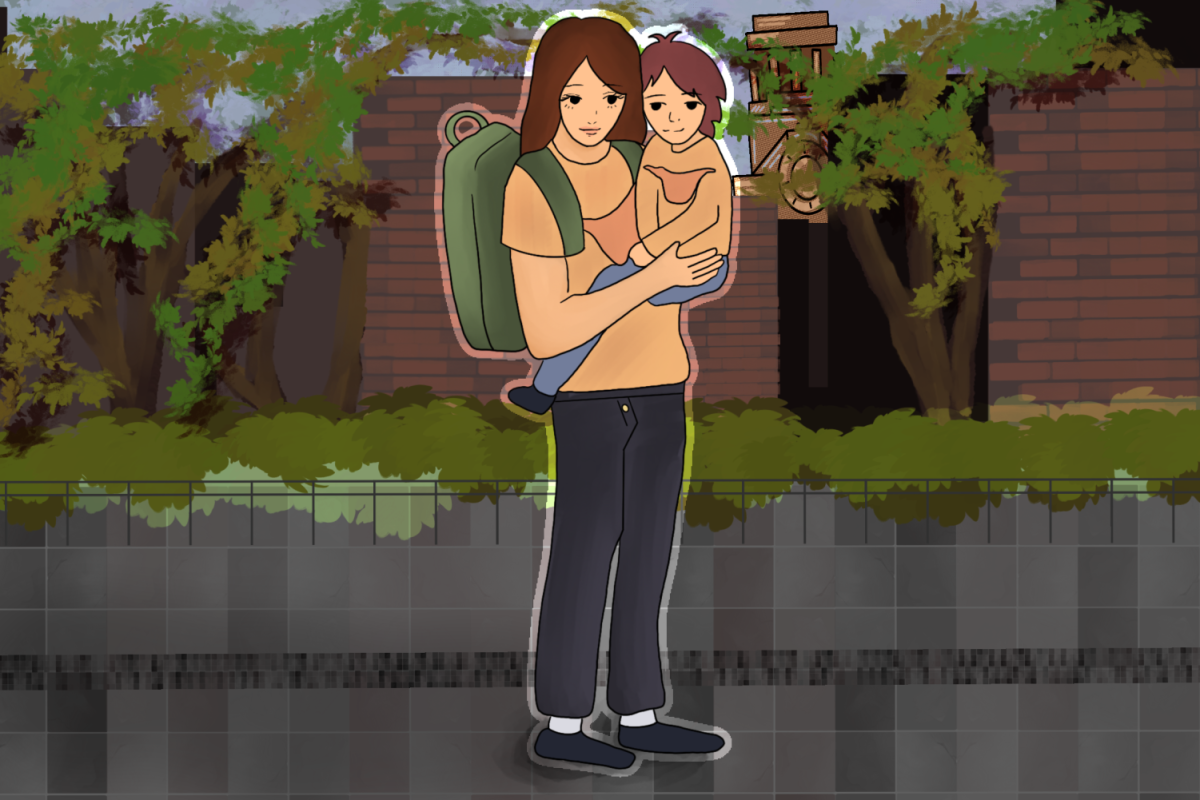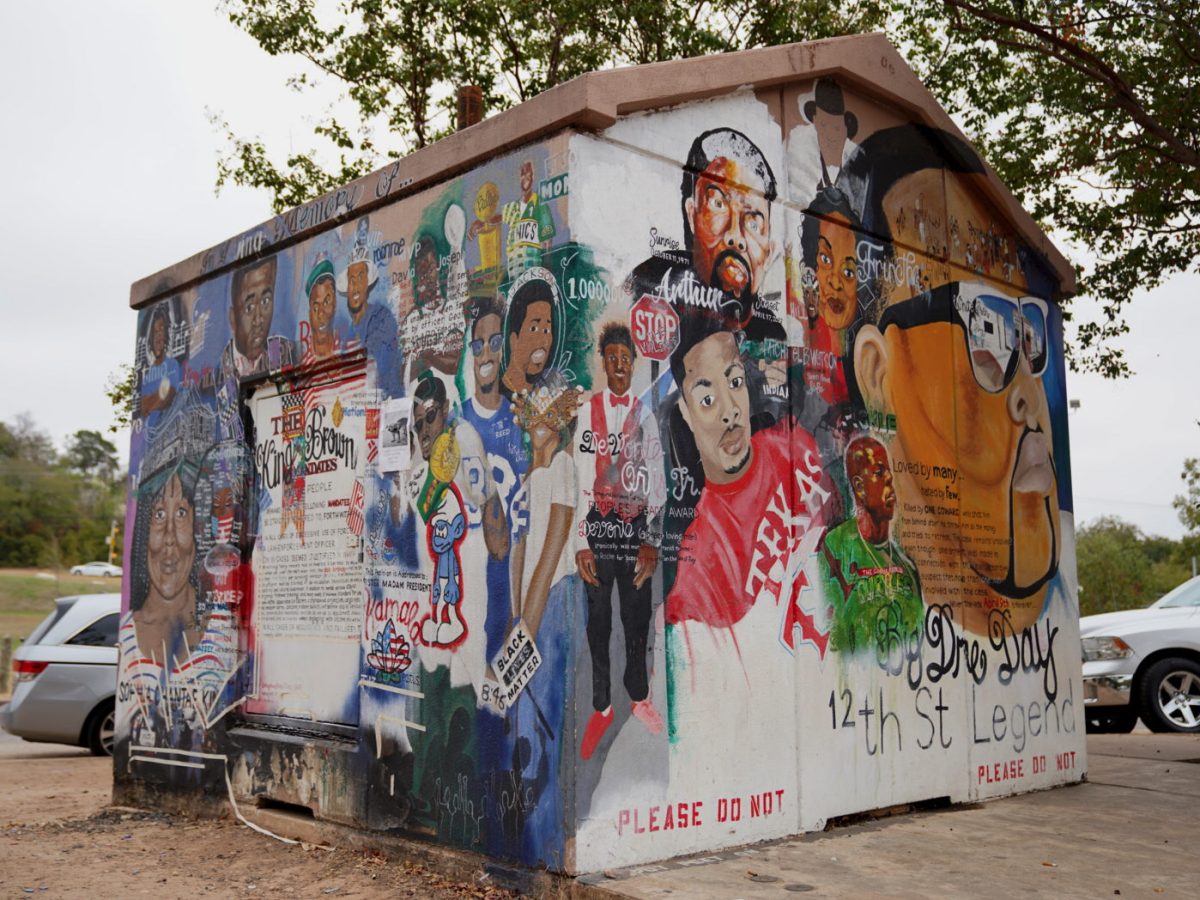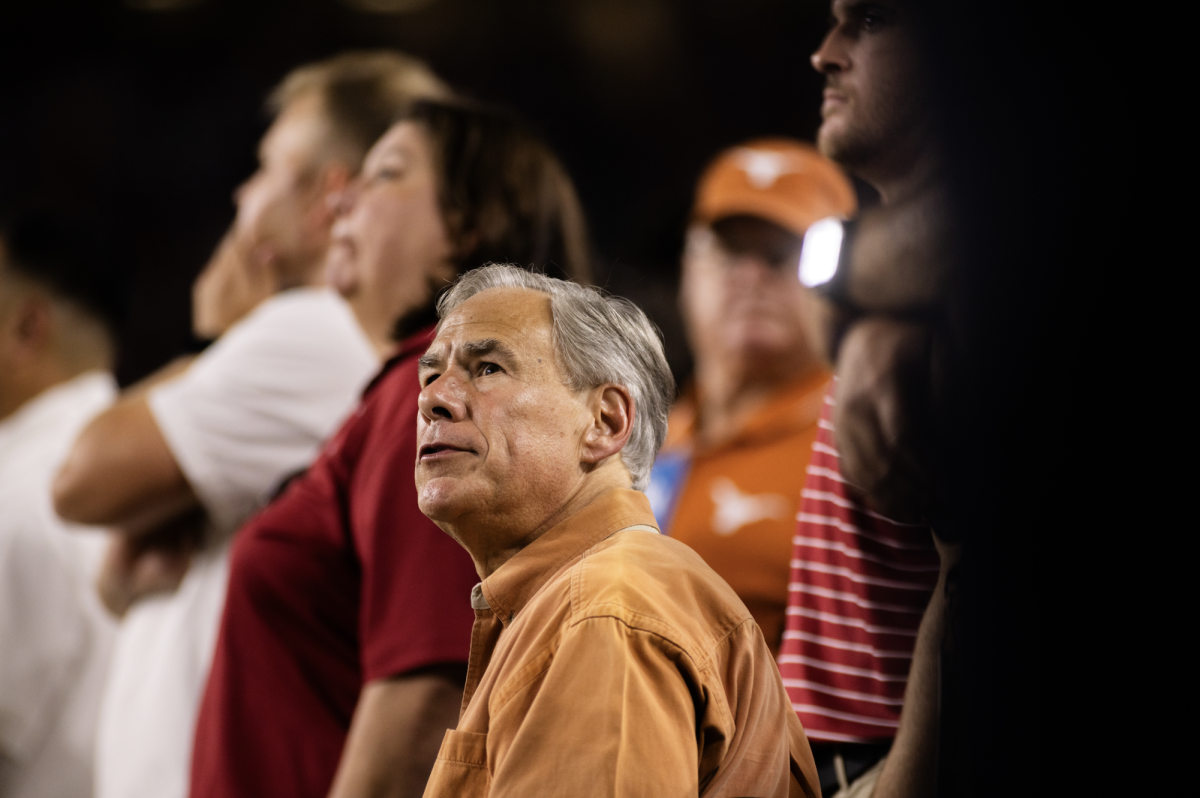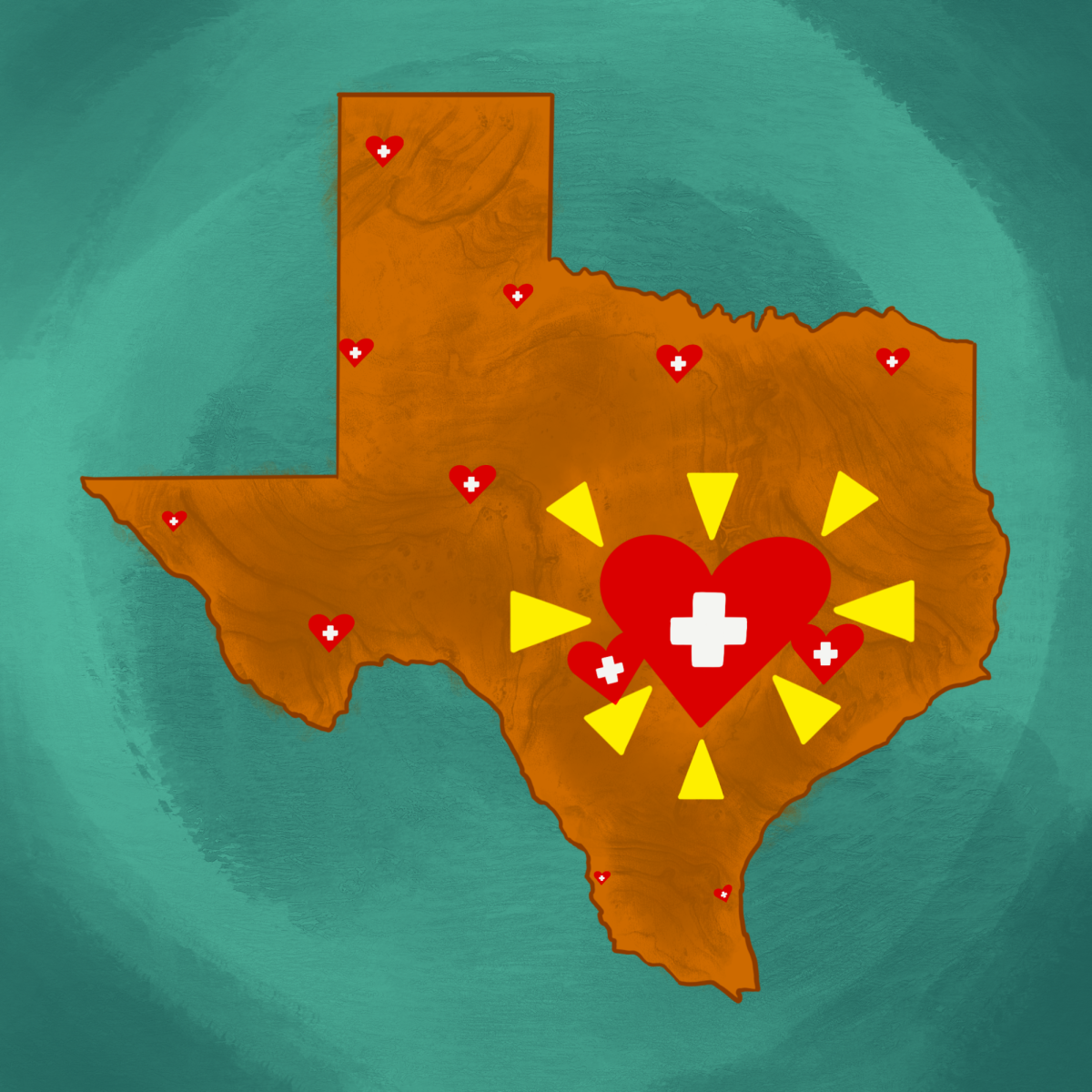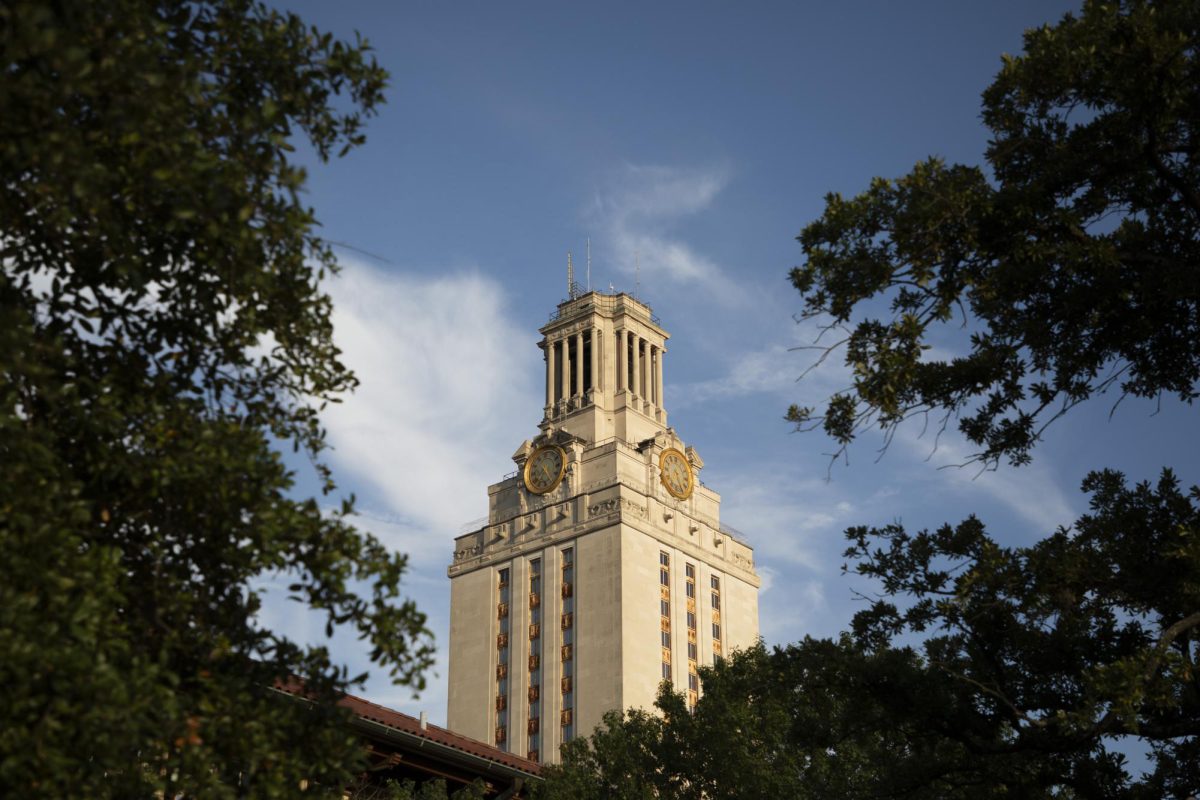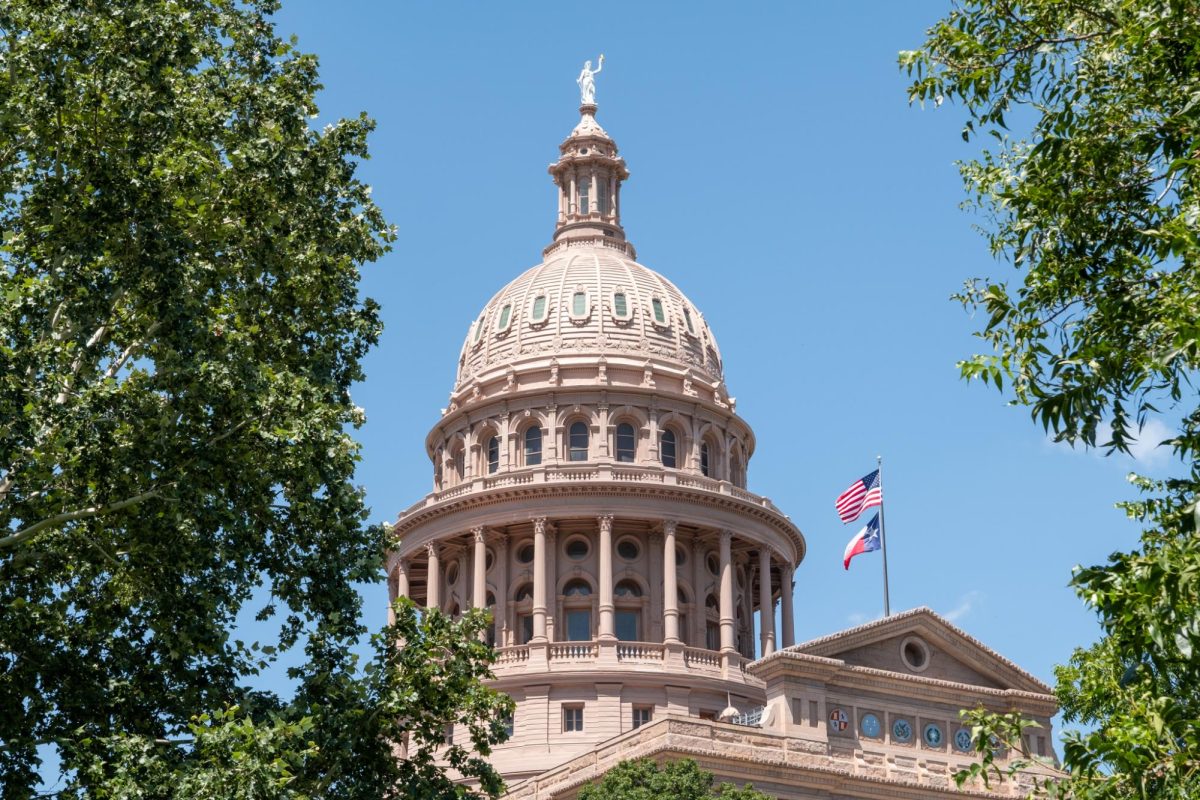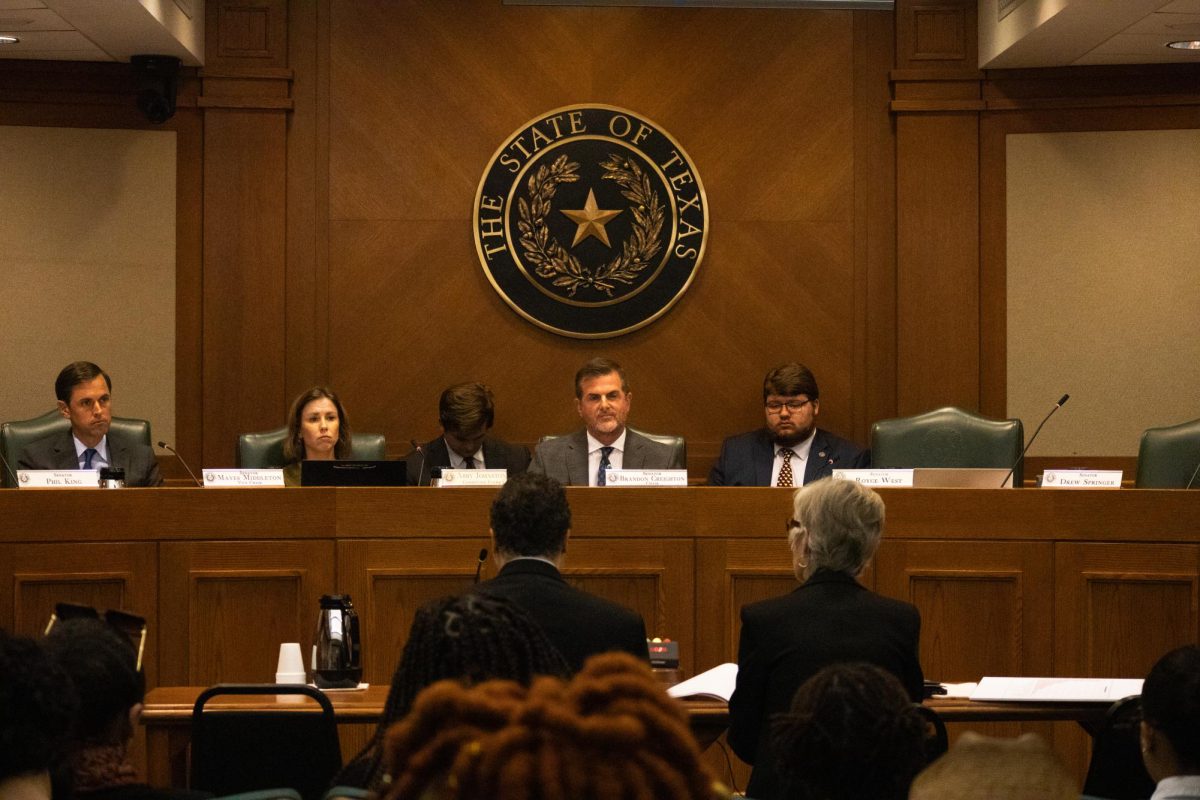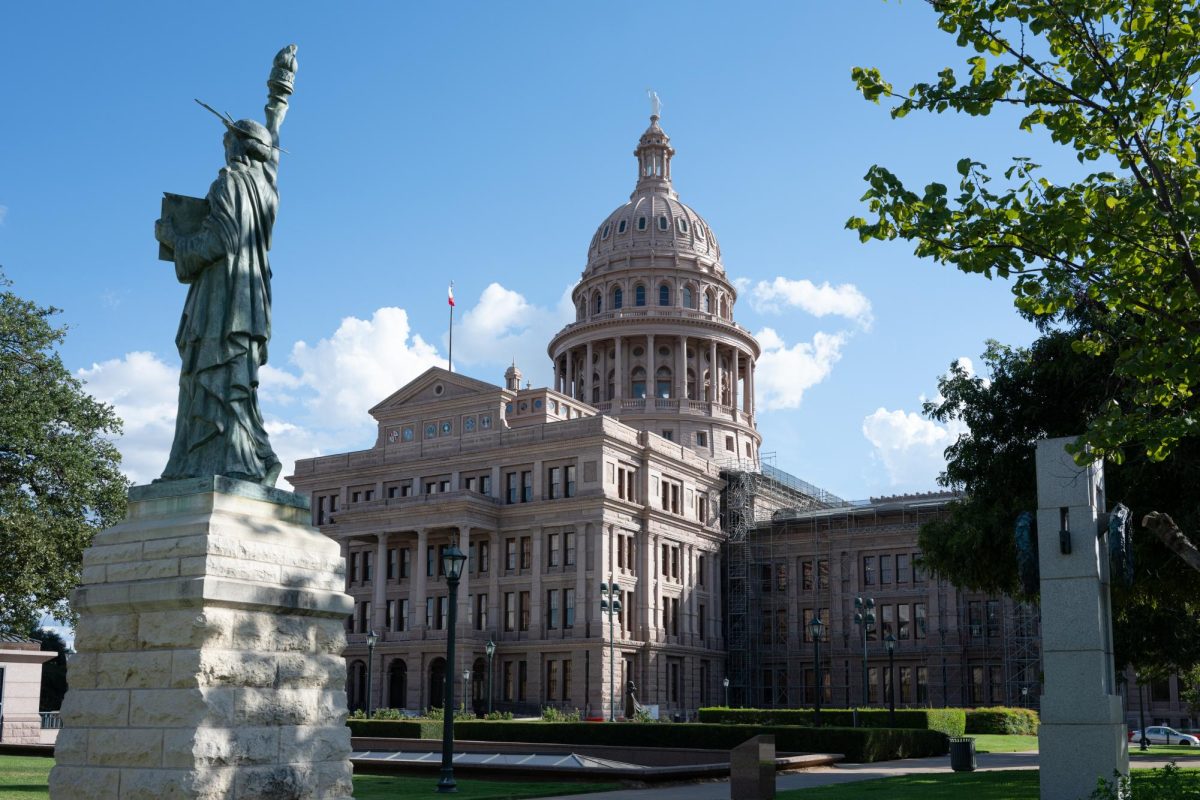For the next round of elections, voters might be able to cast their ballots with a cell phone in hand.
Current state law prohibits voters from having their cell phones within 100 feet of the voting area, but the State House of Representatives on Monday heard and initially passed a bill that would allow voters to use their cell phones in polling stations, with certain limitations.
The bill, authored by Rep. Greg Bonnen (R-Friendswood), permits voters to “access information that was downloaded, recorded or created on the phone” before the voter enters his or her polling place.
Bonnen described the bill as allowing people to use their phone as they would on airplane mode — no surfing the web, making calls or texting, but voters would be able to access pre-made notes about candidates.
“The legislation doesn’t specify what the document can be,” Bonnen said. “It can be anything that you wish. The main issue is what the bill doesn’t allow, [which are] voice calls and text messaging.”
The bill is intended to allow people of all ages use to their phones as another way of preparing for election day, Bonnen said.
“It’s easier for some people to have the information simply stored on their device as opposed to a printed-out paper document,” Bonnen said. “It’s just a matter of providing them that ease of use.”
Zachary Foust, history senior and vice president of UT Votes, a non-partisan student organization that encourages voting among students, said he usually writes down candidates on a piece of paper but might use his phone if the bill were to pass.
“I will say that in Texas, we vote for a lot of different positions, so it is helpful to have something in front of you so you can see all the different [positions],” Foust said. “All of those things combined make for a pretty lengthy list.“
People who use cell phones at polling stations are not generally prosecuted for the offense, according to Bonnen.
“I’m pretty confident that there are already incidents of people using their cellular device in a polling location, albeit probably not for a voice call,” Bonnen said.
According to Foust, if poll workers were to try to monitor how voters use their phones at polling stations, it could lead to privacy concerns.
“If the Internet is not allowed, but having the cell phone is, then that kind of leads one to expect that your cell phone use can be monitored,” Foust said. “That might either influence your behavior in the voting booth, or the people who are monitoring you might accidently or purposely see who you’re voting for.”
Christine Rafie, biochemistry and Plan II sophomore, said she would probably access the Internet at a polling location if phone use were allowed, although she said others might not.
“I think having access to information about the candidates is really important,” Rafie said. “If you go into the situation not knowing much about the other candidates, it could be useful to do a last-minute check-up.”

